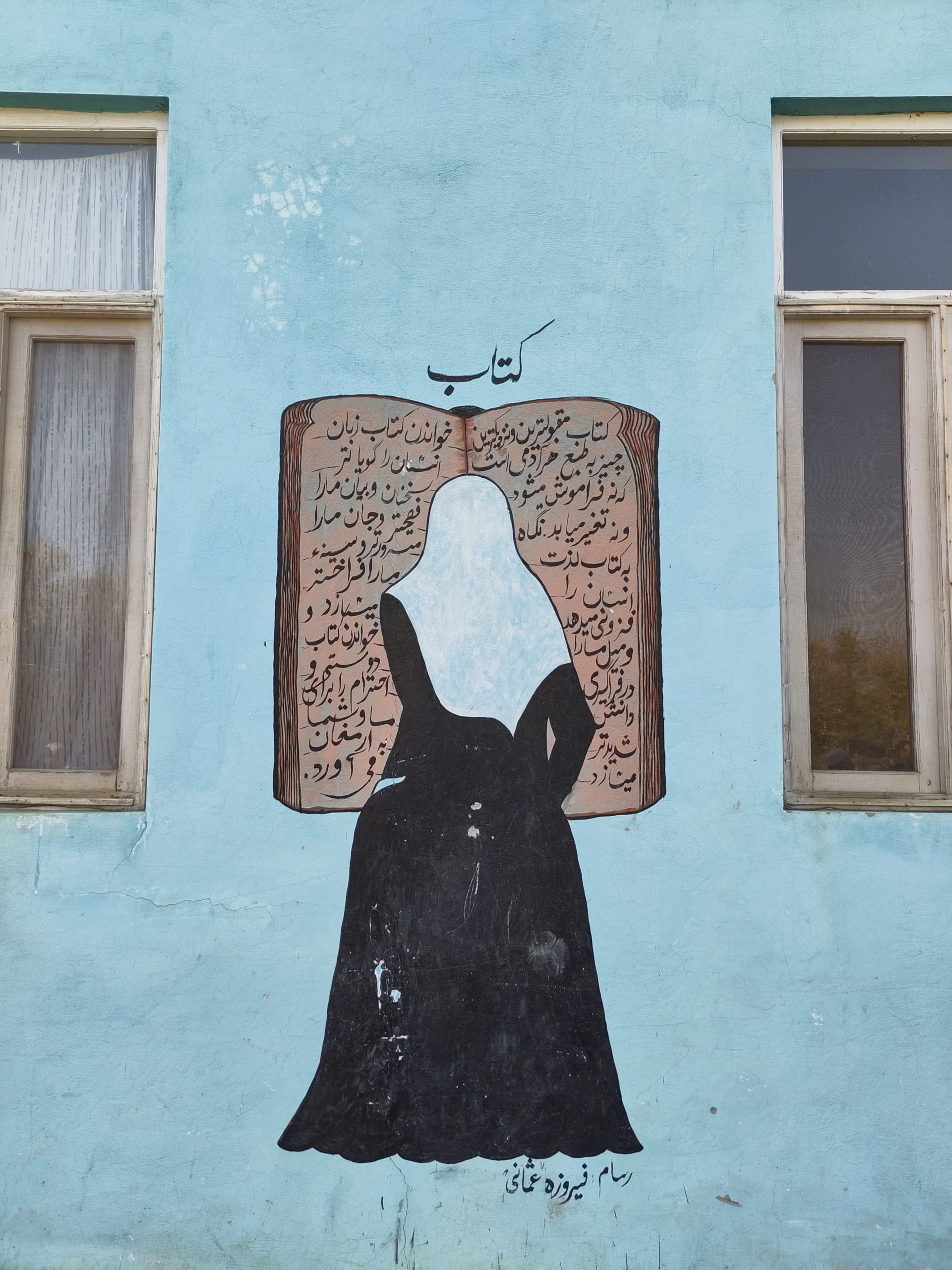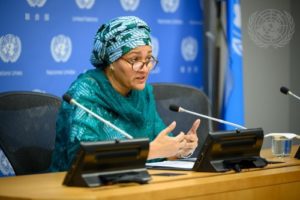15 October 2021
What a terrible month. Those of you who follow the news of wars around the world will have been shocked by the situations developing in so many countries. In this month’s newsletter, we bring to your attention developments in Ethiopia, Yemen, Syria, and Afghanistan. We could also have showcased desperate situations in several other countries, such as Cameroon, the Democratic Republic of Congo (DRC), Libya, Mali, Mozambique, Myanmar, and South Sudan.
On World Food Day (16 October), we also focus on the criminal use of starvation as a weapon of war. And we highlight the often untold stories of people uprooted and displaced within their own countries.
Ethiopia
In a powerful article for the Center for Global Development, former UN Emergency Relief Coordinator, Mark Lowcock, sets out, in horrifying detail, what is happening in a country that, only a year ago, appeared to be enjoying a period of stable development.
https://www.cgdev.org/blog/how-destroy-country-does-ethiopia-have-future
On Tuesday 26 October, UAI will join with the University of Pisa to hold a webinar on the situation. Click below for details.
To register for the event email
Yemen
As the war in Yemen continues without let-up, the UN Human Rights Council, in a shocking decision, voted to halt the work of the Group of Eminent Experts charged with investigating allegations of war crimes and crimes against humanity. UAI issued the following statement, which was widely shared and endorsed by local organisations in the country.
UAI statement on UN Human Rights Council decision on Yemen
United Against Inhumanity (UAI) is shocked by the decision of the UN Human Rights Council not to renew the mandate of the independent international mechanism, known as the Group of Eminent Experts, investigating claims of war crimes and crimes against humanity in Yemen
We fully support the position taken by Mwatana for Human Rights, a highly respected organisation in Yemen and call on the UN Secretary General and the UN High Commissioner for Human Rights rapidly to identify alternative ways of holding perpetrators of war crimes and crimes against humanity in Yemen to account.
Syria
In September, the Office of the UN High Commissioner for Human Rights announced that a grim milestone in the war in Syria had been reached, when the number of people recorded as having been killed in the conflict passed 350,000.
https://news.un.org/en/story/2021/09/1101162
Afghanistan
As the US and other countries, as well as the World Bank and International Monetary Fund, continue to block access by the new Taliban authorities in Kabul to funds frozen in US banks, conditions for huge numbers of people all across the country continue to deteriorate, with widespread food shortages and malnutrition being reported – see also our piece for World Food Day, below.
As noted in last month’s Newsletter, on 31st August, just as the US led evacuation at Kabul airport came to an end, UAI joined forces with Jeevan Sharma of the University of Edinburgh’s School of Social and Political Science to hold a webinar entitled ‘What Next for Afghanistan: Evolving implications for safety, gender equity and urgent humanitarian action‘
A report of the webinar can be accessed by clicking below.
We have also included the synopsis of a dissertation by Kaitlin Kaye, a Masters student at Edinburgh University and one of UAI’s volunteers. It forms part of an on-going collaboration with Edinburgh, and other universities, to advance research on issues of concern to UAI. Kaitlin’s dissertation is entitled
International Military Action in Afghanistan from 2001 – 2021 and UK Asylum Policy towards Afghans; an assessment.
World Food Day
On 16 October, World Food Day, the international community should take a stance against the weaponization of food to harm civilians subjected to armed conflict around the world. Mass starvation is a crime in international law – reaffirmed in 2018 in UN Security Council Resolution 2417 – but is used routinely, strategically, & with deliberation, in a growing number of war zones.
In Syria, sieges, aid blockades, and government misuse of food distribution have led to widespread suffering, likely to exacerbate as the winter approaches. According to WFP, 60% of the Syrian population is now food insecure. The effects of regime-enforced starvation are acutely felt in opposition-held areas such as Idlib or de-escalation zones such as Daara, with Russia blocking efforts to re-open cross-border aid points.
In Yemen, at least 16.2 million people are on the brink of starvation. Mwatana, a local human rights organisation, has been documenting systematic violations by armed actors resulting in allegations of war crimes.
https://reliefweb.int/sites/reliefweb.int/files/resources/Starvation-Makers-2021-En.pdf
In Ethiopia, catastrophic hunger resulting from brutal warfare, the destruction of crops and what the UN calls “a de facto humanitarian aid blockade” has resulted in alarming levels of mortality while some 400,000 face famine conditions.
In Afghanistan, the combined effects of 4 decades of warfare, severe drought, an economy in free-fall, the approach of winter and policies that block access by the new Taliban government to the country’s financial reserves threaten to deepen deprivation and humanitarian need. According to senior UN officials 1 million children “are at risk of starvation and death” while many Afghans are severely malnourished.
Deliberate starvation is no longer a rare phenomenon. Impunity for such crimes has led to man-made famines becoming a routine feature of warfare. If YOU want to stop conflict-driven hunger you are invited to sign this open letter to the UN Security Council
https://act.concern.net/nothing-kills-like-hunger
Internal Displacement
In “Addressing the Inhumanity of Internal Displacement”, his new article for UAI, Jeff Crisp, one of the world’s leading authorities on refugee and displacement issues, reviews the report of a UN Panel on Internal Displacement. Crisp finds their recommendations ‘worthy’, but identifies many obstacles to their implementation. He also wonders if, in singling out people forced to leave their homes, but remaining in their own countries, for special attention, we may not inadvertently lose sight of the needs of people unable to move and clinging on in the rubble of their homes. Are governments and international organisations giving enough attention to ‘internally stuck people’?
Click below to read the article.
https://www.against-inhumanity.org/2021/10/14/addressing-the-inhumanity-of-internal-displacement/











